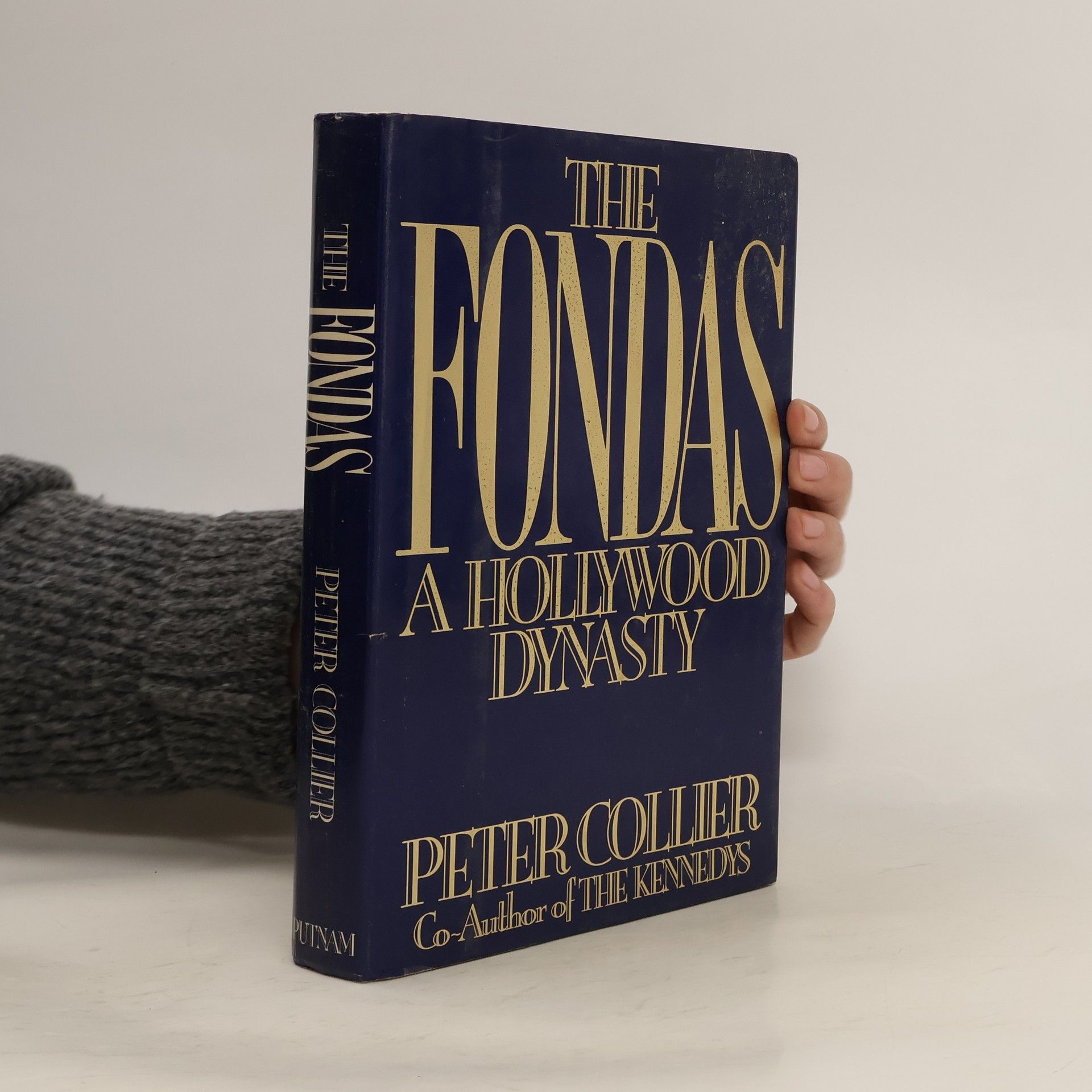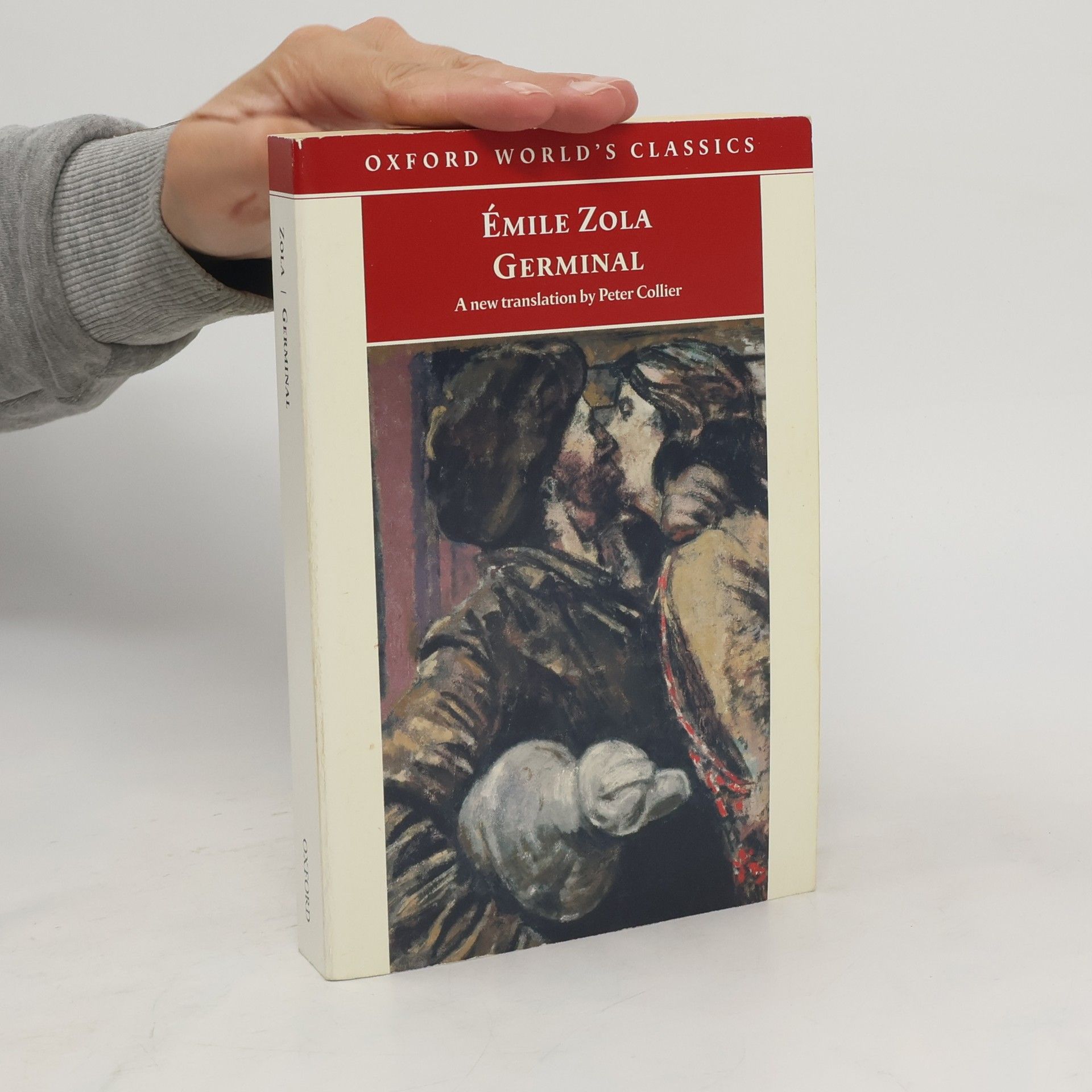This is a pre-1923 historical reproduction that was curated for quality. Quality assurance was conducted on each of these books in an attempt to remove books with imperfections introduced by the digitization process. Though we have made best efforts - the books may have occasional errors that do not impede the reading experience. We believe this work is culturally important and have elected to bring the book back into print as part of our continuing commitment to the preservation of printed works worldwide.
Peter Collier Books






Things in Glocca Morra
- 316 pages
- 12 hours of reading
Spanning several decades of the 20th century, this posthumously published novel explores the colorful personal history of the Kennedy family and the exploits of JFK. The fictional account is told from the point of view of the real-life Lem Billings, a prep school friend and later campaigner for Kennedy's presidential race, so dear to the family that Joseph Kennedy Sr. referred to him as his "second son." The late Peter Collier had the great fortune of obtaining oral histories from Lem Billings himself for the novel. The work is shaped by Collier's competent prose and informed by the recollections from the man who knew the Kennedys best.
The co-author of The Kennedys delivers a major biography of an extraordinary family, telling the powerful and painfully revealing story of one of America's most controversial Hollywood families, and its struggle for love and identity. 32 pages of photos.
In this highly original work, Pierre Bourdieu turns his attention to the academic world of which he is part and offers a brilliant analysis of modern intellectual culture. The academy is shown to be not just a realm of dialogue and debate, but also a sphere of power in which reputations and careers are made, defended and destroyed. Employing the distinctive methods for which he has become well known, Bourdieu examines the social background and practical activities of his fellow academics―from Foucault, Derrida, and Lacan to figures who are lesser known but not necessarily less influential. Bourdieu analyzes their social origins and current positions, how much they publish and where they publish it, their institutional connections, media appearances, political involvements and so on. This enables Bourdieu to construct a map of the intellectual field in France and to analyze the forms of capital and power, the lines of conflict and the patterns of change, which characterize the system of higher education in France today. Homo Academicus paints a vivid and dynamic picture of French intellectual life today and develops a general approach to the study of modern culture and education. It will be of great interest to students of sociology, education and politics as well as to anyone concerned with the role of intellectuals and higher education today.
Discusses the Kennedys and reveals the true stories behind America's most famous family.
The Anti-Chomsky Reader
- 240 pages
- 9 hours of reading
This description reflects the writings of an MIT professor on linguistics from the 1950s, but his criticism of the Vietnam War in the 1960s shifted his reputation towards radical politics. Over the past four decades, he has garnered a devoted following in the U.S. and Europe for his increasingly vehement critiques of U.S. actions, often perceived as hysterical. Despite claiming neglect by mainstream media like the "New York Times," his numerous polemical works, including the best-seller "9-11," have established him as a central figure in a cult-like following. In this collection, editors Peter Collier and David Horowitz present essays that scrutinize his intellectual journey and the development of his anti-American sentiment. Topics include his controversial ties to Holocaust revisionism, his defense of Khmer Rouge leader Pol Pot, and his assertion that U.S. policies in 1980s Latin America mirrored Nazism. Scholar Paul Bogdanor critiques his stance on Israel, while Ronald Radosh and David Horowitz analyze his reaction to the September 11 attacks. Linguists Paul Postal and Robert Levine reassess his linguistic theories, identifying parallels with his political views: a profound disregard for truth, incoherence, and verbal aggression towards dissenters. This collection offers a compelling portrait of one of today's most influential public intellectuals.
Today's Best Nonfiction
A Coward's Chronicles. The Discovery of the Titanic. Woman in the Mists. The Fords
Geprüfter Handelsfachwirt to go
- 133 pages
- 5 hours of reading
Die Rockefellers
- 412 pages
- 15 hours of reading
Die Formelsammlung enthält 218 Formeln aus allen für die IHK-Fortbildungsstudiengängen relevanten Gebieten. Ein ausführlicher Index hilft beim schnellen Suchen. Ideal zum konzentrierten Vorbereiten auf die IHK.-Prüfung.



